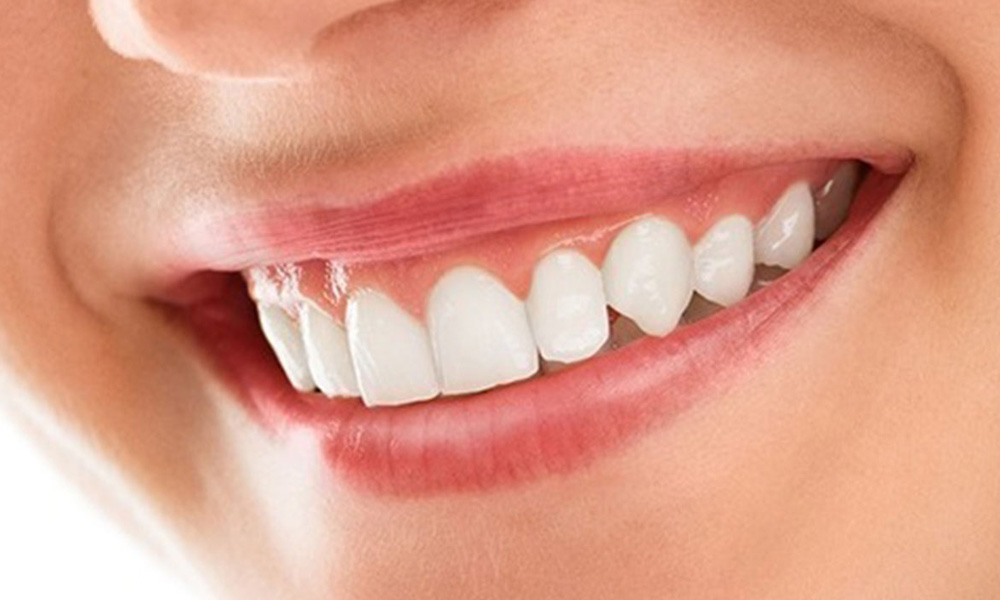Introduction to Veneers
Cosmetic dentistry has made remarkable strides over the years, allowing individuals to enhance their smiles with ease and sophistication. Among various options available, dental veneers have become increasingly popular due to their ability to transform one’s appearance. This blog post delves into the science behind this transformative dental procedure and explores the nuanced details of veneers, including their composition, application, and the benefits they offer.
What Are Veneers?

The Basics of Veneers
Veneers are thin shells crafted from materials like porcelain or composite resin that are bonded to the front surface of the teeth. They are custom-made to match the shape, size, and colour of natural teeth, providing an aesthetic enhancement. Veneers can address various dental issues such as discolouration, misalignment, or chipped teeth, ensuring a harmonious smile.
The Science Behind Veneers
The development of veneers involves extensive research and a deep understanding of dental materials. Porcelain veneers, for instance, are favoured for their durability and resemblance to natural teeth. The science behind this lies in their composition, which allows them to reflect light similarly to enamel. Composite resin veneers, on the other hand, are sculpted directly onto the teeth and then polished for a natural finish. For more detailed insights, a study on the material properties of veneers can be found in this scientific article.
How Veneers Are Applied
The Veneer Application Process
The application of veneers is a meticulous process skilfully executed by dental professionals. Initially, a thin layer of enamel is gently removed from the tooth to accommodate the veneer. This is crucial for ensuring a seamless fit and natural appearance. Once the veneer is ready, a bonding agent is applied to secure it in place, followed by a special light to harden the adhesive.
Considerations Before Getting Veneers
- Veneers are a permanent solution; hence, consideration and consultation with a dental professional are essential.
- They require excellent oral hygiene to maintain their longevity and appearance.
- Veneers are not recommended for individuals with severe tooth decay or gum disease.
For comprehensive guidance on the application process, visit this resource on dental veneer services.
Benefits of Veneers
Veneers offer a multitude of benefits that extend beyond mere aesthetics. Firstly, they provide a confidence boost, allowing individuals to smile freely without feeling self-conscious. Furthermore, veneers are stain-resistant, ensuring that the vibrancy of one’s smile is maintained over time. Additionally, they can also correct minor alignment issues, offering an alternative to orthodontic treatments.
Veneers in Sydney
The popularity of veneers Sydney has seen a significant rise, with many individuals opting for this treatment to enhance their smiles. The city’s dental clinics offer a range of veneer services, ensuring that those interested can find a suitable option. For more information on veneers Sydney, visit our practice.
Potential Risks and Maintenance
While veneers are generally safe, there are potential risks involved, such as increased tooth sensitivity and the possibility of veneer detachment over time. Proper maintenance is essential, which includes regular dental check-ups and maintaining oral hygiene.
Conclusion: The Path to a Perfect Smile
In conclusion, dental veneers represent a remarkable advancement in cosmetic dentistry, offering a reliable solution for those seeking a perfect smile. The science and artistry involved in their creation and application ensure that individuals can enjoy a natural-looking and durable enhancement. As veneers continue to gain popularity, it is important for individuals to consider all aspects and seek professional advice to determine if this transformative dental procedure is the right choice for them.
Any surgical or invasive procedure carries risks. Before proceeding you should seek a second opinion from an appropriately qualified health practitioner.




